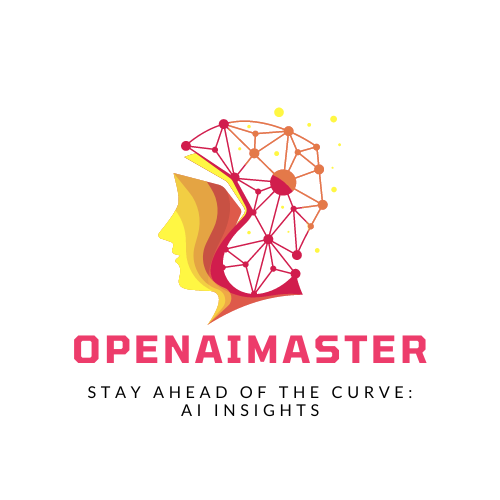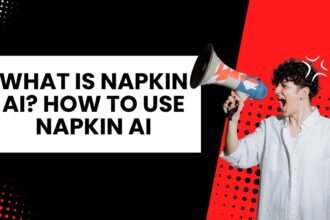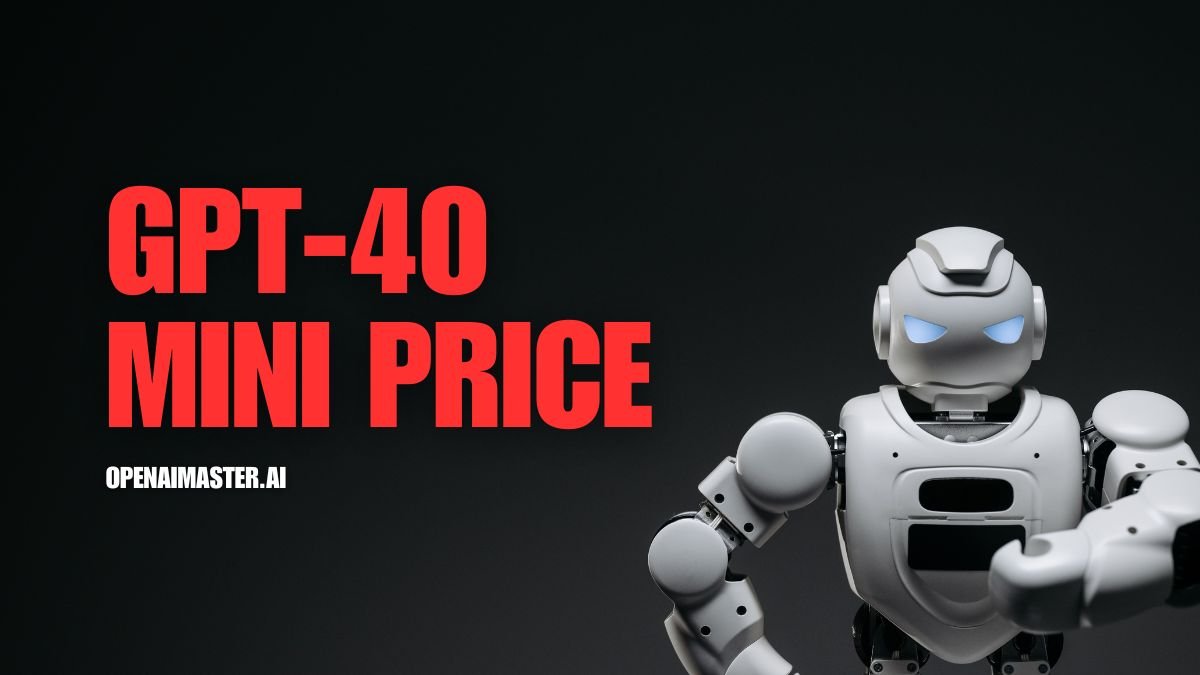OpenAI has once again pushed the boundaries with the introduction of GPT-4o Mini. This groundbreaking model represents a significant leap forward in balancing advanced AI capabilities with cost-effectiveness. As businesses and developers increasingly rely on AI to drive innovation and efficiency, the GPT-4o Mini emerges as a powerful solution that promises to democratize access to cutting-edge AI technology. This article delves into the features, pricing, and potential applications of GPT-4o Mini, comparing it with its predecessor, GPT-3.5 Turbo, to highlight its transformative impact on the AI industry.
GPT-4o Mini Price: Features and Capabilities
Price
GPT-4o Mini’s appeal is its revolutionary pricing structure. OpenAI has managed to slash costs significantly without compromising on performance:
- Input Tokens: 15 cents per million
- Output Tokens: 60 cents per million
This pricing model represents a staggering 60% reduction compared to GPT-3.5 Turbo, making advanced AI capabilities accessible to a broader range of users and organizations.
Performance Metrics
GPT-4o Mini doesn’t just excel in affordability; it also boasts impressive performance metrics that outshine its predecessors:
- MMLU Benchmark: 82% score
- MGSM (Math Reasoning): 87% score
- HumanEval (Coding Performance): 87.2% score
These scores demonstrate GPT-4o Mini’s exceptional capabilities in textual intelligence, mathematical reasoning, and coding proficiency.
Versatile Input and Output Capabilities
Currently, GPT-4o Mini supports text and vision inputs through its API, with plans to expand its capabilities further:
- Future Support: Text, image, video, and audio inputs and outputs
This multimodal approach positions GPT-4o Mini as a versatile tool for a wide array of applications, from customer support to complex data analysis.
Expansive Context Window
One of the most significant advantages of GPT-4o Mini is its generous context window:
- Context Window: 128K tokens
This extensive context capacity allows the model to handle large volumes of information, making it ideal for applications requiring deep understanding of complex scenarios or lengthy documents.
GPT-4o Mini vs. GPT-3.5 Turbo: A Comparative Analysis
To fully appreciate the advancements brought by GPT-4o Mini, it’s essential to compare it with its predecessor, GPT-3.5 Turbo. The following table provides a comprehensive comparison of key features:
| Feature | GPT-4o Mini | GPT-3.5 Turbo |
| Performance Benchmarks | MMLU: 82%, MGSM: 87%, HumanEval: 87.2% | Lower scores (specific benchmarks not detailed) |
| Input/Output Capabilities | Text and vision; future multimodal support | Primarily text-based |
| Context Window | 128K tokens | 4K tokens (standard), 16K tokens (optional) |
| Pricing (Input) | 15 cents per million tokens | 15 cents per 1K tokens |
| Pricing (Output) | 60 cents per million tokens | 20 cents per 1K tokens |
| Specialization | Complex tasks, large context volumes | Optimized for conversational interfaces |
Key Differences in Performance and Capabilities
- Benchmark Scores: GPT-4o Mini significantly outperforms GPT-3.5 Turbo across various academic and practical benchmarks.
- Input/Output Flexibility: While GPT-3.5 Turbo excels in text-based tasks, GPT-4o Mini offers broader input options and future multimodal support.
- Context Handling: The vastly superior context window of GPT-4o Mini (128K tokens vs. 4K/16K tokens) allows for more comprehensive analysis and understanding of complex scenarios.
- Cost-Effectiveness: GPT-4o Mini’s pricing structure makes it substantially more affordable for high-volume usage.
Applications and Use Cases
The unique combination of advanced capabilities and cost-effectiveness opens up a wide range of applications for GPT-4o Mini:
1. Enhanced Customer Support Chatbots
GPT-4o Mini’s superior context handling and multi-modal capabilities enable the creation of more intelligent and responsive customer support systems. These chatbots can understand complex queries, process visual information, and provide more accurate and contextually relevant responses.
2. Advanced Data Extraction and Analysis
The model’s ability to process large volumes of data makes it ideal for extracting valuable insights from diverse sources such as financial reports, scientific papers, or business documents. Its future support for multiple input types will further enhance its data analysis capabilities.
3. Sophisticated Code Generation and Debugging
With its impressive performance in coding tasks, GPT-4o Mini can serve as a powerful tool for developers. It can assist in generating complex code snippets, debugging existing code, and even explaining intricate programming concepts.
4. Real-Time Text Generation and Editing
The model’s efficiency and large context window make it suitable for applications requiring real-time text generation and editing. This could include advanced writing assistants, content creation tools, or automated reporting systems.
5. Multimodal Content Understanding
As GPT-4o Mini expands to support various input and output types, it will excel in tasks involving the interpretation and generation of content across different media formats. This could revolutionize fields such as content moderation, multimedia search, and automated content creation.
Conclusion
GPT-4o Mini represents a significant milestone in the evolution of AI models. By offering superior performance at a fraction of the cost of its predecessors, it is poised to democratize access to advanced AI capabilities. Its combination of affordability, expansive context window, and versatile input/output options makes it a game-changer for developers, businesses, and researchers alike.
As we look to the future, the potential applications of GPT-4o Mini are boundless. From enhancing customer experiences to revolutionizing data analysis and content creation, this model opens up new possibilities across various industries. However, as with any powerful technology, it’s crucial to approach its use responsibly, considering ethical implications and potential biases.
The introduction of GPT-4o Mini marks a new era in AI accessibility and capability. As OpenAI continues to refine and expand its features, we can expect to see even more innovative applications emerge, further solidifying the model’s position as a cornerstone of next-generation AI technology.




